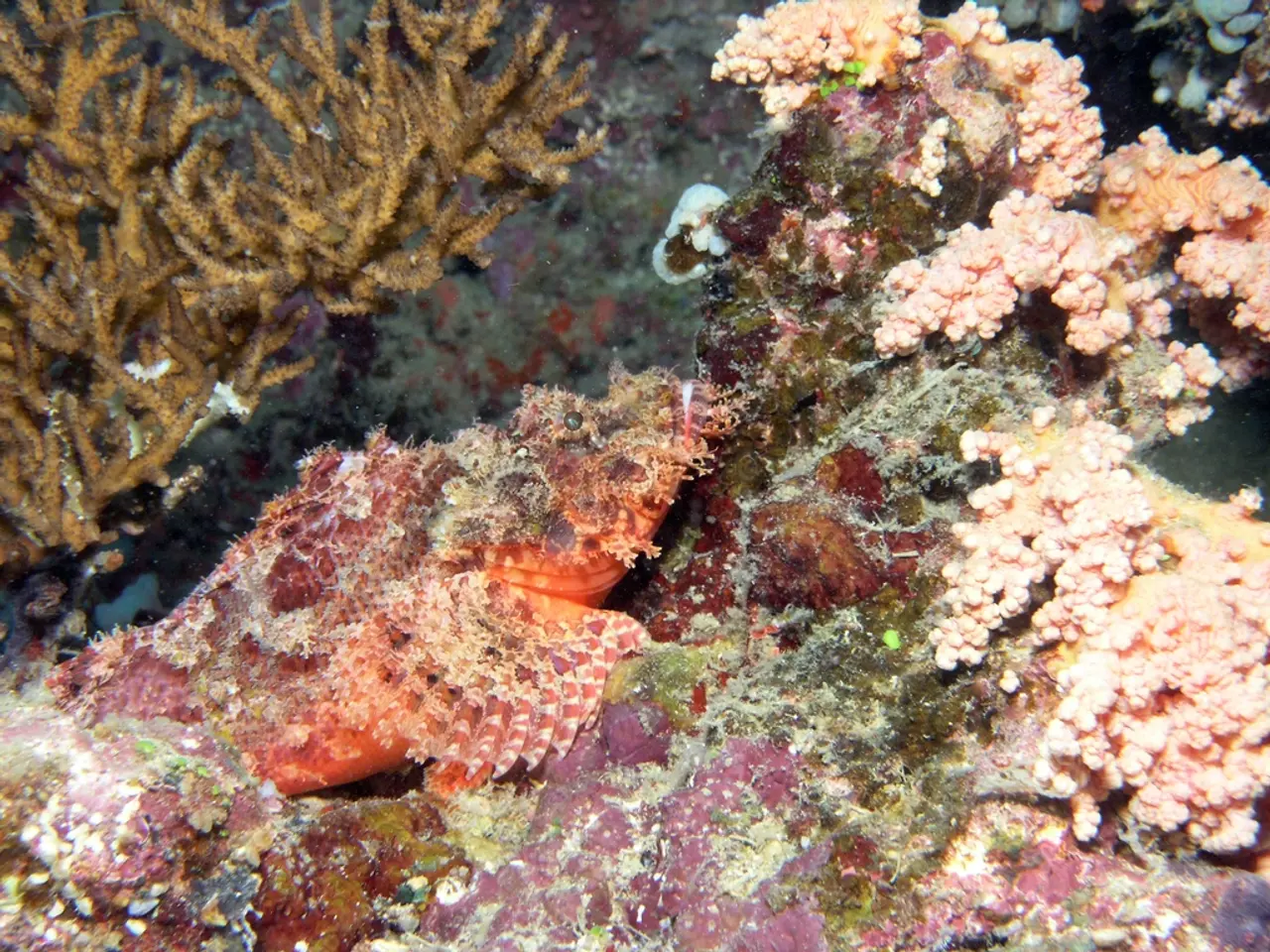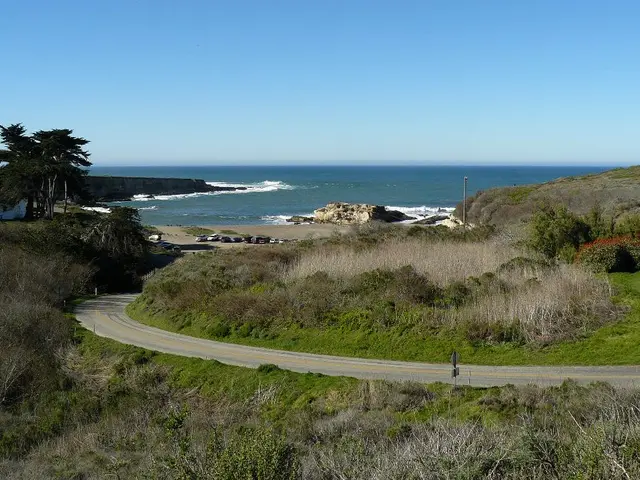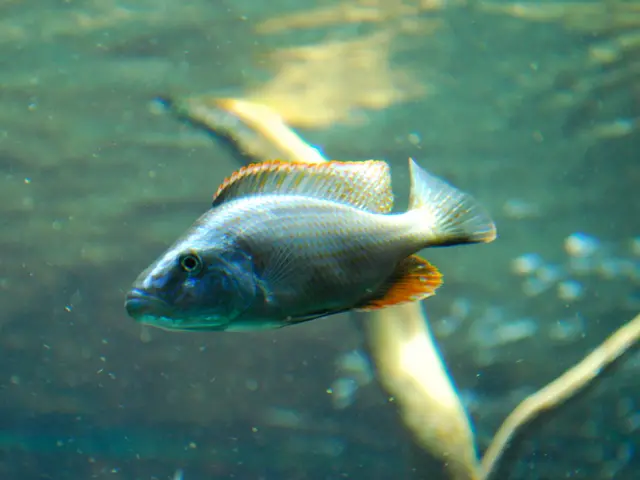Biotechnology company Seadling opens a new facility in Malaysia for the production of functional seaweed components, following a successful funding round.
In a significant move for the seaweed industry, biotech startup Seadling has announced plans for geographic expansion, with India and Thailand in the works, and the soft launch of its seaweed processing facility for producing seaweed-based functional ingredients for human consumption starting in August 2025.
The company, which currently supplies dried, milled, and packaged seaweed for pet food products, opened a second processing facility in Malaysia in 2025. This facility focuses on producing seaweed-based functional ingredients for both pet and human consumption, following a recent $1 million seed round funding.
The new facility, located in Sabah, Borneo, will increase Seadling's production capacity from one ton per month to five tons per month. This expansion is expected to boost productivity and the economy in Southeast Asia, as Seadling works directly with local seaweed farms.
Seadling's Malaysia facility marks a significant step into the Asia-Pacific region, aligning with its plan to target global markets with sustainable and science-driven seaweed nutrition solutions. While explicit future geographic expansion details beyond Malaysia are not provided, the emphasis on "global market relevance" suggests ongoing plans to expand internationally in stages.
Industries view seaweed as both a health-boosting, all-natural ingredient and a way to mitigate climate impact in their supply chains. Seadling's seaweed undergoes a fermentation process that boosts oligosaccharides (for gut-health benefits) and Vitamin K2 (for cardiovascular and bone health).
The company's communications manager, Elyas Eric, stated that the launch of the second facility is "a step forward" for Southeast Asia. Global seaweed output has grown three-fold over the last 20 years, with the majority of that coming from farmed seaweed grown in Asian aquaculture environments.
Seadling works with farmers in the Malaysian portion of Borneo, providing Elkhorn Seamoss seaweed seedlings initially sprouted in its land-based hatchery. The seaweed farmers have their own rights to the water and have been farming for generations. Seadling's varieties grow two to three times faster than traditional methods, potentially creating tremendous productivity gains.
The company expects to receive its GMP+ certification—the international quality assurance system for the animal feed and feed ingredient supply chain—by the end of 2026. Seadling's pet food partnerships include Nestle, Thai Union, and Mars, all companies with human food divisions as well.
The blue food economy across Southeast Asia could unlock $15 trillion in value by 2050, according to Standard Chartered Bank estimates. As Seadling continues to grow and expand, it is poised to play a significant role in this burgeoning industry.
Read also:
- Rapid Growth in Bio-based Polypropylene Sector Anticipated at a Compound Annual Growth Rate of 26.5% by 2034
- Urban Africa Expands AI-Driven Battery-Swapping Operations with $8.1M Finance from Kofa
- Jellyfish incapacitate France's largest nuclear facility, causing disruption.
- Investment firm Temasek Trust supports Equatic with a funding of $11.6 million to broaden its carbon removal and green hydrogen projects.








